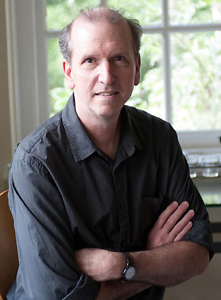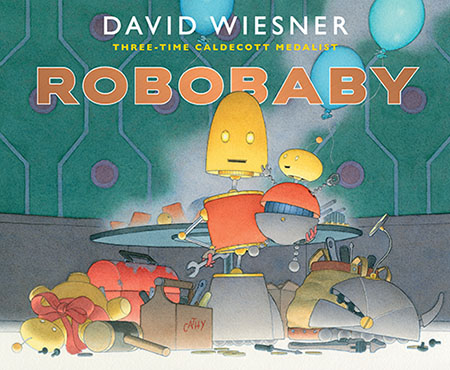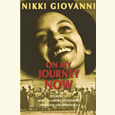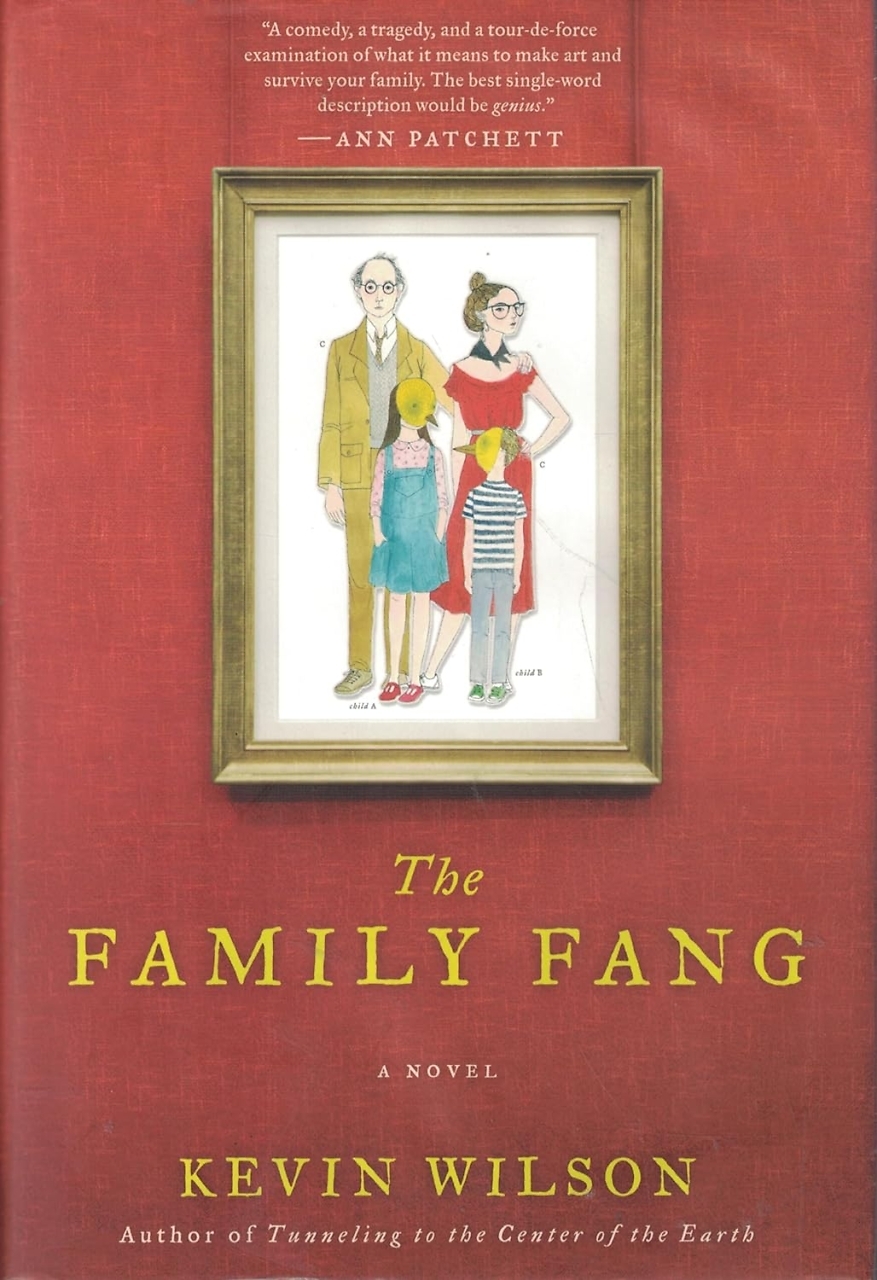Guiding Us Through Grief
With gratitude for Edward Hirsch and his expansive body of work
With over 2.7 million lives lost worldwide in just one year, due to the COVID-19 pandemic — nearly 550,000 in the United States alone — I can think of few poets whose work is more suited to guide us through this overwhelming grief than Edward Hirsch. His two most recent collections, Gabriel (2014) and Stranger by Night (2020), sit at the forefront of my mind like lighthouses, helping readers to wade through what is difficult, to look closely when the looking is hardest, giving us strength and direction as we stumble through terrains of loss.

In the title poem of his award-winning debut collection, For the Sleepwalkers (1981), the speaker says, “Our hearts are thirsty black handkerchiefs / flying through the trees at night, soaking up / the darkest beams of moonlight, the music // of owls, the motion of wind-torn branches…” Across the body of his poetry lies a remarkable ability to balance the ecstatic with the nocturnal, the quotidian with the mystical. He locates this balance with even more precision and grace in each of the collections that followed — and by his ninth, his unwavering gaze and poetic skill permit readers to witness and remember alongside him the electrifying life of his late son Gabriel.
The book, which poet Eavan Boland called “a masterpiece of sorrow,” is a long poetic sequence, 75 sections of 10 tercets each. The poems often employ severe enjambment with no punctuation, forcing readers to move slowly through images, examining and re-examining lines to parse their syntactical logic and narrative pacing. Beginning with his first look at the body of his son, lying still in an open coffin, the book retells the story of Gabriel’s adoption, his early life and diagnoses, mental health and drug abuse, the speaker’s own tension between his role as a father and as an artist, and more. “Like a bolt of lightning in the fog / Like a bolt of lightning over the sea / Like a bolt of lightning in our backyard // … I was unprepared for the intensity / Of the heat escaping / As if I’d unsheathed the sun,” the speaker confesses, the unexpected loss of his son made all the more palpable in the rich context of his wild life.
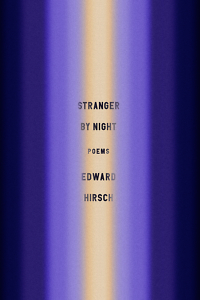 Of his latest collection, Stranger by Night, a review in Publishers Weekly succinctly describes Hirsch’s interest in “capturing the ephemeral flashes of human vitality with a lyricism that rises from unadorned eyewitness.” Each poem is a single stanza, often a solitary sentence, containing a world of grief to remember and honor the speaker’s own dead in moments commonly overlooked or forgotten: stretching at a local gym with Philip Levine, noticing Richard Rifkind’s facial expression as he notices something else. The collection’s first and last poems both end with an image of the speaker face-down in the grass, as if summoning his buried dead from earth itself — not unlike the way he recalls and cherishes the earthliness of their lives, closely examining the textures of their ordinariness, crafting the dailiness of living into something remarkable, miraculous, and worthy of elegizing.
Of his latest collection, Stranger by Night, a review in Publishers Weekly succinctly describes Hirsch’s interest in “capturing the ephemeral flashes of human vitality with a lyricism that rises from unadorned eyewitness.” Each poem is a single stanza, often a solitary sentence, containing a world of grief to remember and honor the speaker’s own dead in moments commonly overlooked or forgotten: stretching at a local gym with Philip Levine, noticing Richard Rifkind’s facial expression as he notices something else. The collection’s first and last poems both end with an image of the speaker face-down in the grass, as if summoning his buried dead from earth itself — not unlike the way he recalls and cherishes the earthliness of their lives, closely examining the textures of their ordinariness, crafting the dailiness of living into something remarkable, miraculous, and worthy of elegizing.
In addition to his 10 collections of poetry, Hirsch has published and edited numerous critical texts, resources for other poets, and essay collections for readers and artists, including the bestseller How to Read and Fall in Love with Poetry (1999), a series of essays that guide us through careful readings of poems close to Hirsch’s own heart, and The Demon and the Angel (2002), essays on artistic inspiration with a focus on Federico García Lorca’s concept of the duende. The Poet’s Glossary (2014) is, at least for me, a tome of poetic craft. It sits on my desk between a dictionary and a few touchstone collections, an array of essential texts always within arm’s reach. His most recent book, 100 Poems to Break Your Heart, published in March 2021, is an anthology of poems on sorrow and grief, selected by Hirsch and accompanied by his commentary.
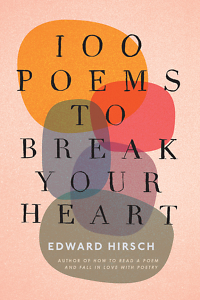 Hirsch’s life embodies the kind of literary citizenship to which I aspire: prolific with his own writing, with preserving and lifting up the work of his peers and influences, and with keeping poetry alive, relevant, and open to new and seasoned readers.
Hirsch’s life embodies the kind of literary citizenship to which I aspire: prolific with his own writing, with preserving and lifting up the work of his peers and influences, and with keeping poetry alive, relevant, and open to new and seasoned readers.
As I write this article, death looms freshly in my mind — not just the unfathomably huge loss of life this past year due to COVID-19, but also the shootings in Atlanta and Boulder. I cannot help but think of Hirsch’s recent interview with poet Ilya Kaminsky when he said, “We live in a culture that is uncomfortable and even intolerant of sorrow.” I cannot help but think of the resilience and strength it takes to remember, to make space for ache and suffering, to move through mourning with patience, grace, acceptance, and forgiveness. “We are not diminished but enlarged by grief,” Hirsch continued, “by our refusal to vanish, or to let others vanish, without leaving a verbal record. We need poetry to help us transform the oceanic depths of feeling into art. Poetry rises out of one solitude to meet another in recognition and connection. It companions us.”

Maria Isabelle Carlos is a writer in the M.F.A. program at Vanderbilt University. She is the winner of the 2021 Tennessee Williams & New Orleans Literary Festival Poetry Contest and the 2020 Penelope Niven Creative Nonfiction Award. Read more at www.mariaisabellecarlos.com.
